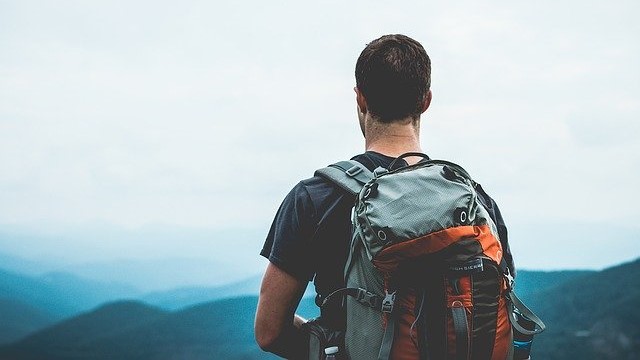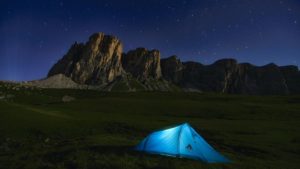We were all beginners once, and the best encouragement we can give you is to assure you that you can be successful, if you just learn the core backpacking basics and gradually build up to a major trip.
You’ll need to read all you can on the subject of backpacking. For beginners, the list of tasks in quite long before you ever step onto the trail. You’ve got to make a list of equipment to purchase or borrow, gather information on trails, plan for safety, and make certain that you have plenty of food and especially enough water to meet your hiking hydration needs.
If possible, connect with someone who is already an experienced backpacker and take your first backpacking trip with him or her.
Check for backpacking and hiking clubs in your area, by asking around at your local sporting goods stores, especially any that specialize in hiking and backpacking supplies.
Get Properly Equipped
Don’t even think about taking a backpacking trip without a complete set of essential backpacking gear, including backpacking tent, backpack, lightweight sleeping bag, lightweight cooking stove and cookware, proper hiking or backpacking socks (including liner socks), and well-fitting and broken-in hiking boots or shoes.
You’ll need to learn how to pack a backpack and adjust it so the weight is distributed onto your hips and off of your shoulders.
Be sure to try out the cooking equipment you plan to use several days in advance of your trip to be sure you know exactly how it will work. Be sure to plan carefully for food storage to make certain that you won’t have a problem with bears or other wild animals.
Take it Easy: Build Your Endurance
Don’t try to take on too much too soon, but instead take time to build your endurance for backpacking. For beginners, the temptation is to go “gung-ho” and take on too much of a challenge.
Instead, start out by loading your backpack and walking with it in your neighborhood or local park one or two miles at first, then gradually adding a mile to your distance each time. This will give you a great and safe opportunity to make adjustments to your boots and socks, pack weight distribution, and so forth before attempting to walk the actual trails.
Practice setting up and tearing down your tent at home in the back yard, and organize your pack so that everything has a place (and everything is kept in its place). Don’t forget to put your rain gear and flashlight (and/or headlamp) where they can be pulled out easily, even in the dark.
Follow these simple tips and the many others you’ll find on this site, and “backpacking for beginners” will soon be a distant memory as you gain experience and enjoy successful backpacking trips.



